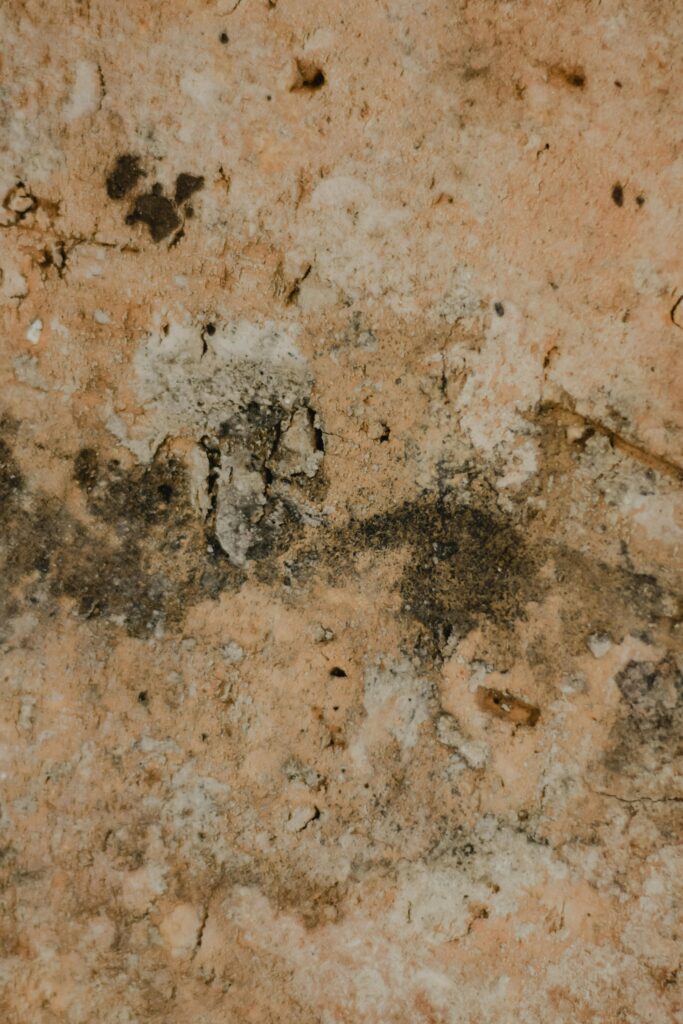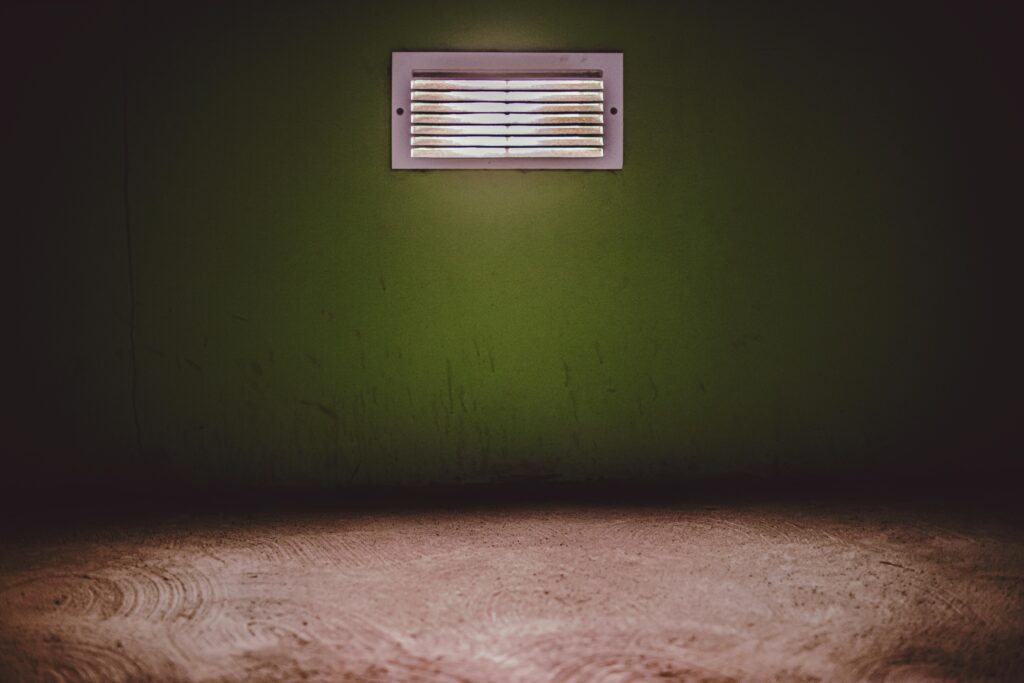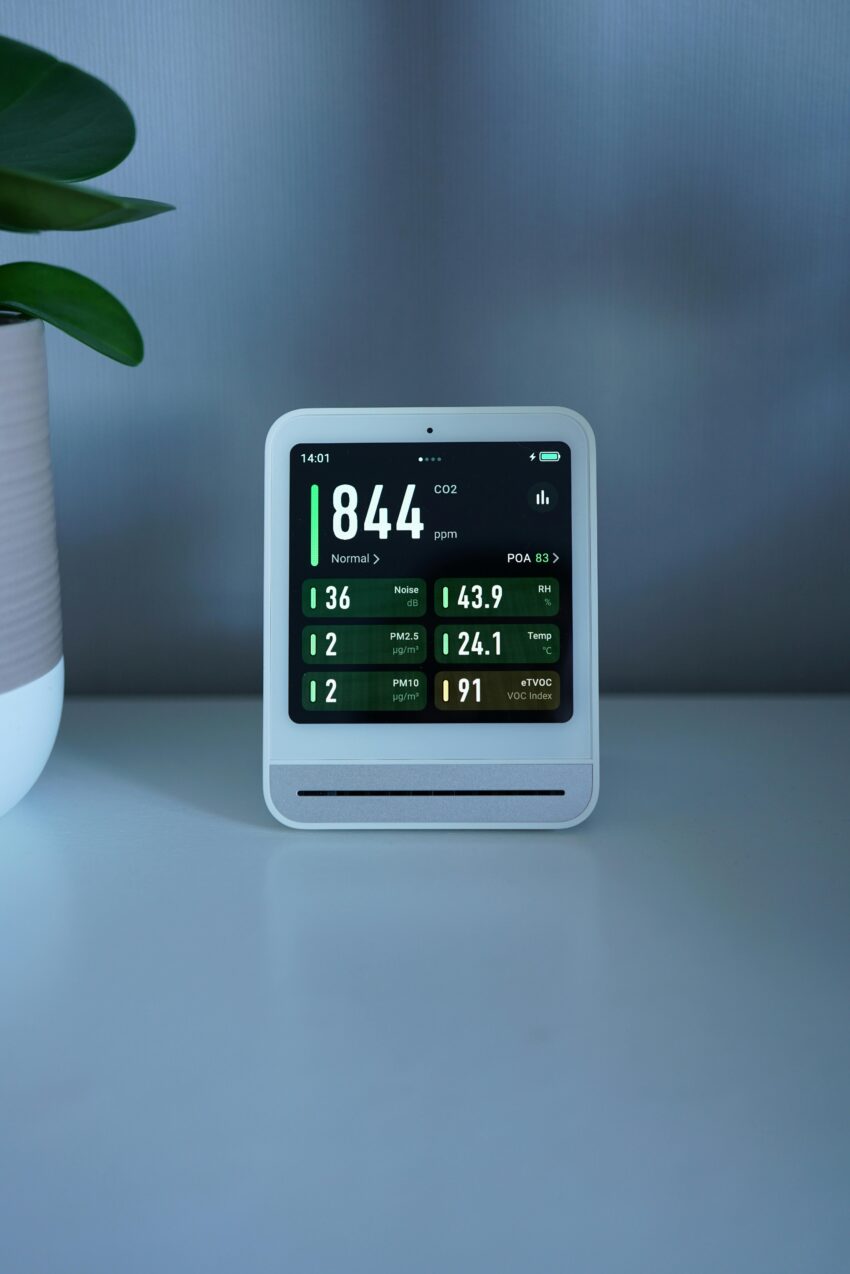For health-conscious families, maintaining a clean and healthy home environment is a top priority. While most people associate cleaning with tidiness and aesthetics, its impact goes far beyond a sparkling kitchen or a clutter-free living room. Regular cleaning plays a critical role in improving your home’s air quality, which directly affects your family’s health and well-being. Poor indoor air quality can lead to respiratory issues, allergies, and other health problems, especially for children, the elderly, or those with pre-existing conditions. By investing in consistent cleaning practices—whether through professional janitorial services or a dedicated home routine—you can create a safer, healthier living space. In this article, we’ll explore how regular cleaning enhances your home’s air quality, the science behind it, and practical steps you can take to ensure your family breathes cleaner air.
The Importance of Indoor Air Quality
Indoor air quality (IAQ) refers to the condition of the air within and around your home. According to the Environmental Protection Agency (EPA), indoor air can be two to five times more polluted than outdoor air, even in urban areas. This is concerning because most people spend about 90% of their time indoors, where they are exposed to pollutants like dust, pet dander, mold spores, volatile organic compounds (VOCs), and other allergens.
Poor IAQ can lead to a range of health issues, including:
- Respiratory Problems: Asthma, bronchitis, and other respiratory conditions can be triggered or worsened by indoor pollutants.
- Allergies: Dust mites, pet dander, and pollen can cause sneezing, itchy eyes, and skin irritation.
- Fatigue and Headaches: Poor air quality can contribute to feelings of tiredness, headaches, and difficulty concentrating.
- Long-Term Health Risks: Prolonged exposure to certain pollutants, like VOCs or mold, may increase the risk of chronic illnesses.
For health-conscious families, addressing indoor air quality is a proactive way to protect loved ones. Regular cleaning is one of the most effective and accessible methods to reduce indoor pollutants and create a healthier home environment.
How Regular Cleaning Improves Air Quality
Cleaning your home regularly—whether through daily maintenance or professional janitorial services—directly impacts the concentration of pollutants in your indoor air. Below, we’ll break down the key ways cleaning boosts air quality and why it matters for your family’s health.
1. Reducing Dust and Allergens
Dust is one of the most common indoor pollutants, and it’s more than just an aesthetic nuisance. Dust particles can contain a mix of skin cells, pet dander, pollen, and microscopic organisms like dust mites, all of which can trigger allergies or asthma. When dust accumulates on surfaces like furniture, floors, and window sills, it easily becomes airborne, circulating through your home and into your lungs.
How Cleaning Helps:
- Dusting Surfaces: Regularly wiping down surfaces with a damp cloth traps dust particles instead of stirring them into the air, unlike dry dusting methods.
- Vacuuming: Using a vacuum with a HEPA filter captures fine dust particles, pet dander, and allergens from carpets, rugs, and upholstery.
- Washing Bedding: Weekly washing of sheets, pillowcases, and blankets reduces dust mites, which thrive in warm, humid environments.
Pro Tip: Professional janitorial services often use advanced equipment, like HEPA-filtered vacuums and microfiber cloths, to remove dust more effectively than standard household tools. Scheduling regular cleanings ensures dust doesn’t build up to harmful levels.
2. Controlling Mold and Mildew
Mold and mildew thrive in damp, poorly ventilated areas like bathrooms, basements, and kitchens. These fungi release spores into the air, which can cause respiratory issues, allergic reactions, and even infections in severe cases. Mold is particularly concerning for families with young children or immunocompromised individuals.
How Cleaning Helps:
- Bathroom Maintenance: Regularly cleaning and drying bathroom surfaces, such as tiles, grout, and shower curtains, prevents mold growth.
- Ventilation: Ensuring proper ventilation during cleaning (e.g., using exhaust fans) reduces moisture buildup, a key factor in mold development.
- Professional Deep Cleaning: Janitorial services can target hard-to-reach areas, like behind appliances or in air ducts, where mold may hide.
Pro Tip: Use eco-friendly, non-toxic cleaning products to avoid introducing harmful chemicals into your home while tackling mold and mildew.

3. Eliminating Pet Dander and Hair
Pets bring joy to a home, but they also contribute to indoor air pollution through dander (tiny skin flakes) and hair. Pet dander is a common allergen that can linger in the air and on surfaces, triggering symptoms in sensitive individuals.
How Cleaning Helps:
- Frequent Vacuuming: Regular vacuuming of carpets, furniture, and pet bedding removes dander and hair before they become airborne.
- Washing Pet Items: Cleaning pet beds, toys, and blankets weekly reduces the spread of dander.
- Grooming Pets: Brushing pets regularly (preferably outdoors) minimizes the amount of dander and hair they shed indoors.
Pro Tip: A professional cleaning service can perform deep cleaning of upholstery and carpets, targeting pet dander that standard vacuums might miss.
4. Minimizing Volatile Organic Compounds (VOCs)
VOCs are chemicals emitted by everyday household items, such as paints, cleaning products, air fresheners, and furniture. These compounds can cause eye and throat irritation, headaches, and, in some cases, long-term health effects. Poor ventilation can trap VOCs indoors, worsening air quality.
How Cleaning Helps:
- Using Low-VOC Products: Switching to eco-friendly or low-VOC cleaning products reduces the introduction of harmful chemicals into your home.
- Ventilation During Cleaning: Opening windows or using fans while cleaning helps disperse VOCs and bring in fresh air.
- Regular Maintenance of HVAC Systems: Cleaning or replacing air filters in heating and cooling systems prevents the circulation of VOCs and other pollutants.
Pro Tip: Professional janitorial services are often trained to use green cleaning products that minimize VOC emissions, ensuring a safer cleaning process.
5. Improving Ventilation and Airflow
Stagnant air allows pollutants to accumulate, making ventilation a key factor in maintaining good indoor air quality. Dust, dander, and other particles can settle in poorly ventilated areas, creating a breeding ground for allergens.
How Cleaning Helps:
- Cleaning Vents and Ducts: Regularly cleaning air vents and ducts removes dust and debris that can obstruct airflow and circulate pollutants.
- Decluttering: Removing clutter from your home improves airflow and makes it easier to clean surfaces thoroughly.
- Opening Windows: Incorporating ventilation into your cleaning routine helps flush out stale air and pollutants.
Pro Tip: Professional cleaning services can include air duct cleaning as part of their offerings, ensuring your HVAC system isn’t contributing to poor air quality.

The Science Behind Clean Air and Health
The connection between clean air and health is well-documented. According to a study published in the Journal of Allergy and Clinical Immunology, reducing indoor allergens like dust mites and pet dander can significantly decrease asthma symptoms in children. Another study by the National Institute of Environmental Health Sciences found that exposure to VOCs can exacerbate respiratory conditions and contribute to cognitive impairments in some cases.
For health-conscious families, the benefits of clean air extend beyond physical health. Cleaner air can improve sleep quality, boost energy levels, and enhance mental clarity. Children, who are more vulnerable to pollutants due to their developing immune systems, benefit greatly from a home environment free of dust, mold, and other irritants.
Practical Cleaning Tips for Health-Conscious Families
While professional janitorial services offer thorough and efficient cleaning, there are steps you can take at home to maintain air quality between professional visits. Here are some practical tips to incorporate into your cleaning routine:
Daily Habits
- Wipe Down Surfaces: Use a damp microfiber cloth to trap dust on countertops, shelves, and furniture.
- Ventilate Your Home: Open windows for at least 10–15 minutes daily to refresh indoor air.
- Vacuum High-Traffic Areas: Focus on entryways, living rooms, and bedrooms to reduce dust and dirt buildup.
Weekly Tasks
- Wash Bedding: Clean sheets, pillowcases, and blankets in hot water to eliminate dust mites.
- Clean Pet Areas: Vacuum pet beds and wash pet toys to control dander.
- Mop Hard Floors: Use a damp mop to capture dust and allergens that vacuums might miss.
Monthly Maintenance
- Replace Air Filters: Check and replace HVAC filters to ensure proper airflow and filtration.
- Clean Vents: Dust or vacuum air vents to prevent the circulation of pollutants.
- Deep Clean Carpets: Use a steam cleaner or hire professionals to remove embedded dirt and allergens.
Seasonal Deep Cleaning
- Air Duct Cleaning: Schedule professional duct cleaning every 1–2 years to remove accumulated dust and debris.
- Upholstery Cleaning: Have furniture and curtains professionally cleaned to eliminate trapped allergens.
- Declutter: Clear out unused items to improve airflow and reduce dust-collecting surfaces.
The Benefits of Professional Janitorial Services
While regular home cleaning is essential, professional janitorial services take air quality improvement to the next level. Here’s why health-conscious families should consider hiring professionals:
- Advanced Equipment: Professional cleaners use HEPA-filtered vacuums, steam cleaners, and other specialized tools to remove pollutants more effectively than standard household equipment.
- Expertise: Trained cleaners know how to target hidden sources of pollutants, such as air ducts, grout lines, and upholstery.
- Time-Saving: Outsourcing cleaning tasks allows busy families to focus on other priorities while ensuring a healthier home.
- Customized Plans: Many janitorial services offer tailored cleaning schedules to meet your family’s specific needs, whether it’s weekly, biweekly, or monthly.
By partnering with a reputable janitorial service, you can maintain consistently high air quality without the stress of managing it all yourself.
Choosing the Right Janitorial Service
When selecting a cleaning service, look for one that prioritizes health and sustainability. Here are some factors to consider:
- Eco-Friendly Products: Ensure the service uses low-VOC, non-toxic cleaning products to avoid introducing new pollutants.
- HEPA Equipment: Confirm that the service uses HEPA-filtered vacuums and other high-efficiency tools.
- Customizable Services: Choose a provider that offers flexible cleaning plans tailored to your home’s needs.
- Reputation and Reviews: Research customer reviews and testimonials to ensure reliability and quality.
Conclusion
For health-conscious families, regular cleaning is more than just a chore—it’s a powerful tool for improving indoor air quality and protecting your loved ones. By reducing dust, controlling mold, eliminating pet dander, minimizing VOCs, and improving ventilation, consistent cleaning creates a healthier, more comfortable home environment. Whether you tackle cleaning tasks yourself or enlist the help of a professional janitorial service, the benefits are clear: cleaner air leads to better health, improved sleep, and enhanced well-being for your entire family.
Investing in regular cleaning is an investment in your family’s health. By making it a priority, you can breathe easier knowing your home is a safe haven free of harmful pollutants. Contact our professional janitorial team today to learn how we can help you maintain a cleaner, healthier home with our eco-friendly, customized cleaning services.

